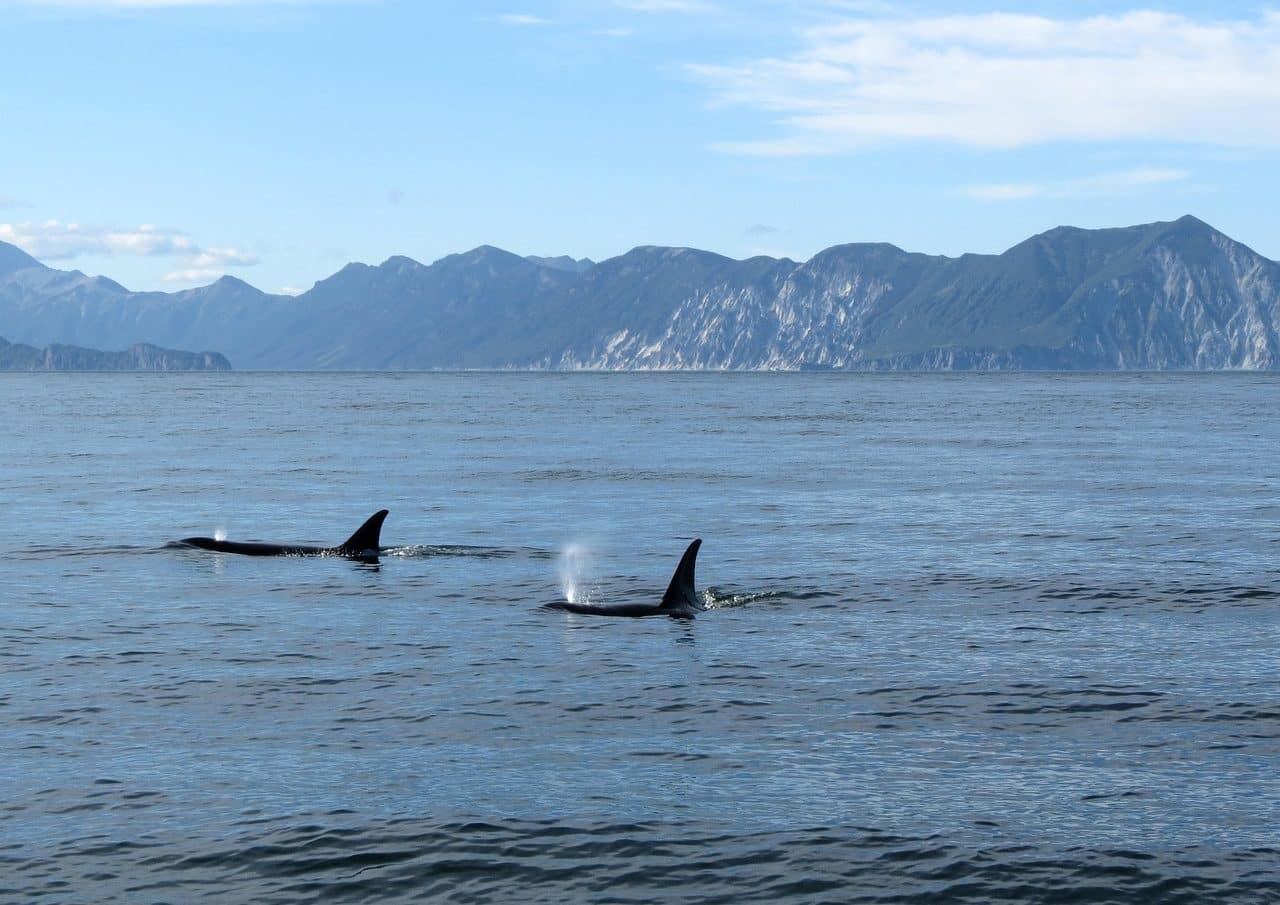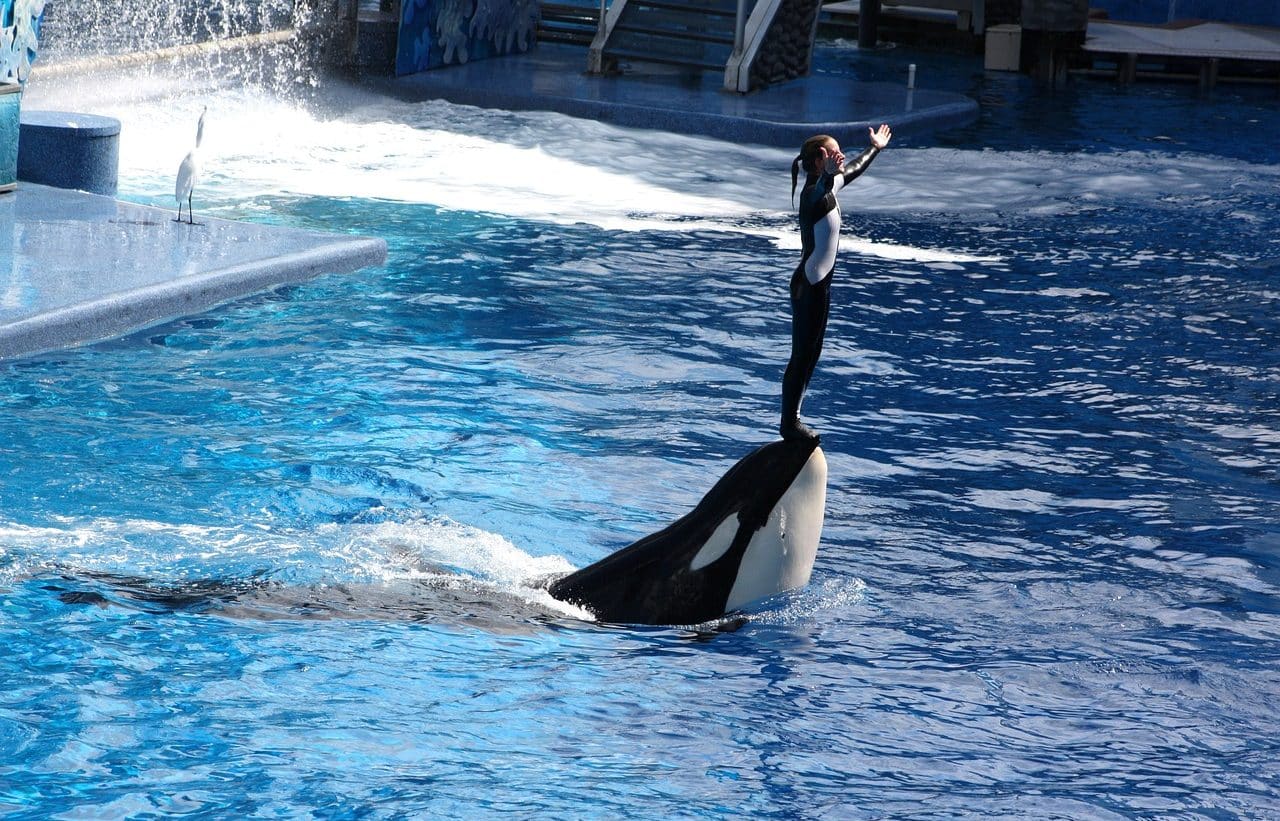
An orca is an aquatic mammal.
The orca is a marine and aquatic animal that lives in various seas around the planet. It belongs to the order of cetaceans and the genus Orcinus , of which it is the only existing species. The largest killer whales can measure up to 10 meters, with a tail that is more than a meter wide and fins that are also large in size.
In colloquial speech, the orca is often referred to as the "killer whale" ; However, this nomination is a consequence of misinformation and a poor translation that was made in the 18th century about the way in which whalers called them. They were called "whale killers" , precisely because they were almost one of the only predators of this other large cetacean.
Orcas have around twenty teeth per jaw, which allows them to feed on different prey. They can eat whales , sharks , sea turtles , seals , tuna and salmon , among other species. There are even orcas that hunt elk and deer when they approach the coast. However, it is important to clarify that this does not mean that all orcas eat everything; each group, depending on its habitat and culture, feeds on certain species.
Different families of orcas
Orcas, although they all look similar to each other, have very defined characteristics depending on the group to which they belong . There is thus a classification that divides them between transients (they group in small herds and move almost constantly, carrying out long and constant migrations), residents (they usually live in the same region for almost the entire year) and marine (they live away from the coast and migrate when their prey does, generally schools).
The families are led by a female who acts as head and mother of the group (the great matriarch). Generally, groups do not exceed ten individuals and tend to remain stable over time given the great longevity of the species (they can reach 100 years).
Other differences that exist between the groups, in addition to the type of diet, are language . Orcas have a dialect that allows them to communicate over great distances with the individuals in their family.

Orcas living in captivity suffer multiple problems.
The captivity
Orcas are animals that swim an average of 100 km a day, have a hunting ritual and love to play with their group. In an oceanarium there are orcas belonging to different families, with different culture and language, which makes living in those places extremely stressful for them and in many cases they suffer harassment and all kinds of abuse .
On the other hand, confinement in ponds (which in most cases do not even meet the minimum of regulatory measures) makes them apathetic and unhappy . In fact, not only do orcas in captivity live less than half the time they would in the wild, but while they do so they show clear stress problems and physical atrophy.
Documentary about the imprisoned orcas
The film titled "Blackfish" made an unparalleled study on the crime involved (and this term is worth it) in keeping these animals captive. There are also many organizations that fight daily for the release of all orcas in captivity .
Among the things that are evident in that documentary are:
- For killer whales, the group they belong to is important ; They feel a close degree of closeness. They carry out all tasks together, take care of each other when one of them gets sick, help raise children, and defend anyone in their group who might be in danger. Orcas in captivity emit persistent cries for years, in an attempt to reach the ears of their relatives, and float in those ponds like lifeless petals.
- In a state of freedom, no attacks by orcas on humans have been recorded. In captivity the behavior is absolutely different; Deprived of that hunting instinct, orcas become confused and become aggressive and fearful of everything. Captivity takes away their lives and they become frustrated and act defensive .
